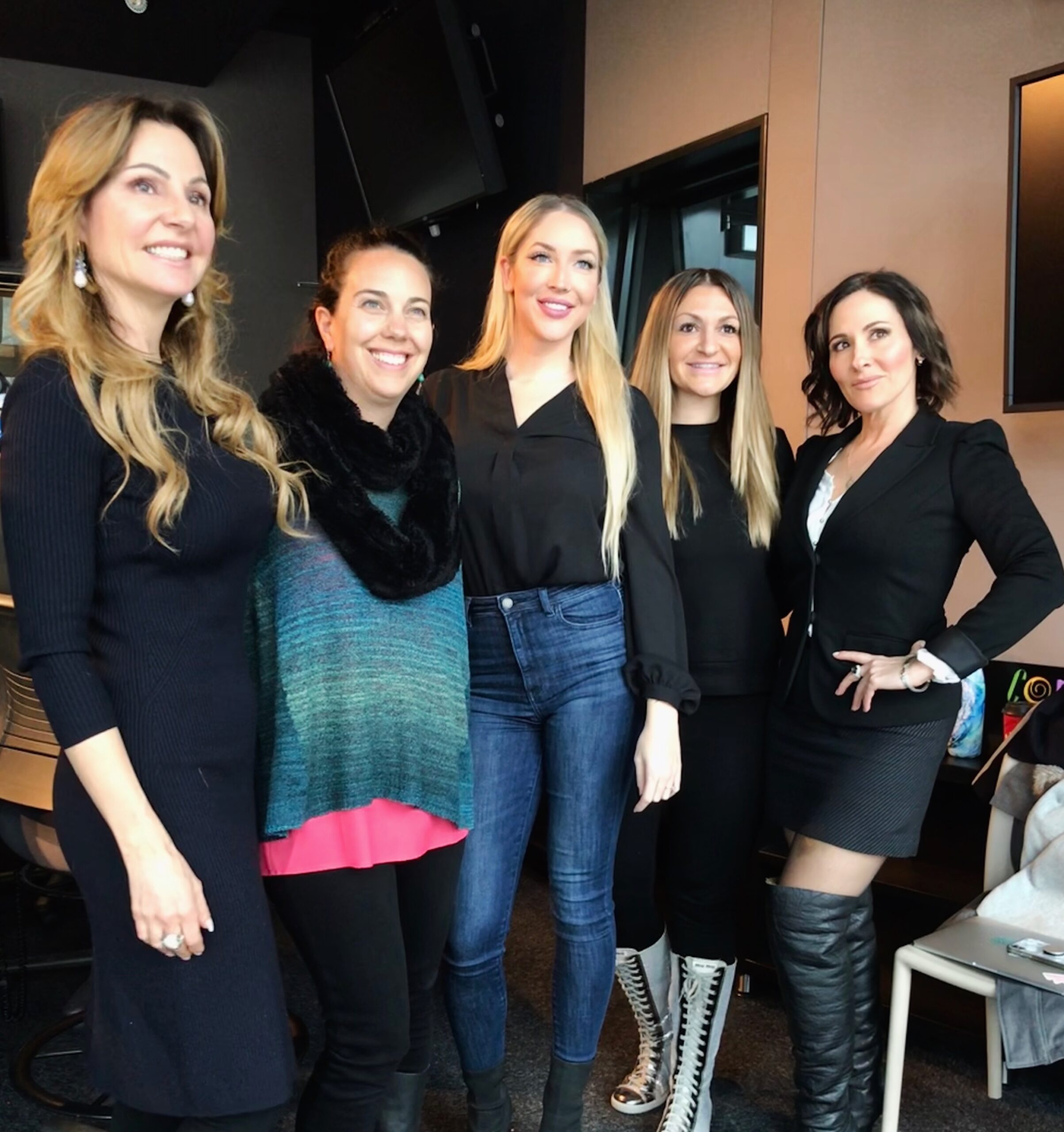
One of the fastest growing criminal industries in the world, the number of human trafficking victims identified worldwide more than doubled between 2008 and 2016, according to Statista. These growing numbers are staggering, and speak to the importance of recognizing this crime, and bringing awareness to this rampant issue.
On this week’s episode of the Dating and Relationship Show, I spoke to Shae Invidiata, founder of Free Them, a Toronto-based anti-trafficking organization, Markie Dell, a trafficking survivor and now speaker and advocate against human trafficking and Christy Langschmidt, founder of the Toronto Counter Human Trafficking Network and chair of the board of Aurora House.
Human trafficking by definition is the action or practice of illegally transporting people from one country or area to another, typically for the purposes of forced labor or sexual exploitation. Typically, the exploitation is sexual, and the victim is a woman or child.
Markie Dell was courageous enough to share her story with us this week and it truly shows the harsh realities of trafficking; it can happen to anyone.
Dell was trafficked as a teenager when a co-worker invited her out clubbing in Toronto. Using the expenses of the night as a ploy to make Dell believe she was in her debt, this woman forced Dell to make her pimps $1000 a day by dancing at strip clubs and eventually worse. Her phone and ID were stripped from her – for the next five months, Dell was transported from strip club to strip club, forced to make money every day by whatever means necessary.
She later ran away with the help of a client – who trapped her in his motel for a month, sexually exploiting her. Dell then called an ex-boyfriend who turned out to be no better; he forced her to work at local strip clubs to make money for his drug habit. This went on for another eight months before the owner of a club figured out what was going on and called the police, who took her to a safe house.
While there aren’t a large number of support organizations for trafficking survivors in Canada, it’s getting better. Residential programs and safe houses – like the Aurora House – are out there, and they can provide survivors with a safe, secure place away from their perpetrators.
The biggest problem, especially in Canada, is a lack of awareness. That’s where organizations like Free Them come into play. Their mission is to fight human trafficking and exploitation while educating young men and women on what this issue actually is and how to recognize the signs.
To learn more about this important issue tune into the latest episode of The Dating and Relationship Show.